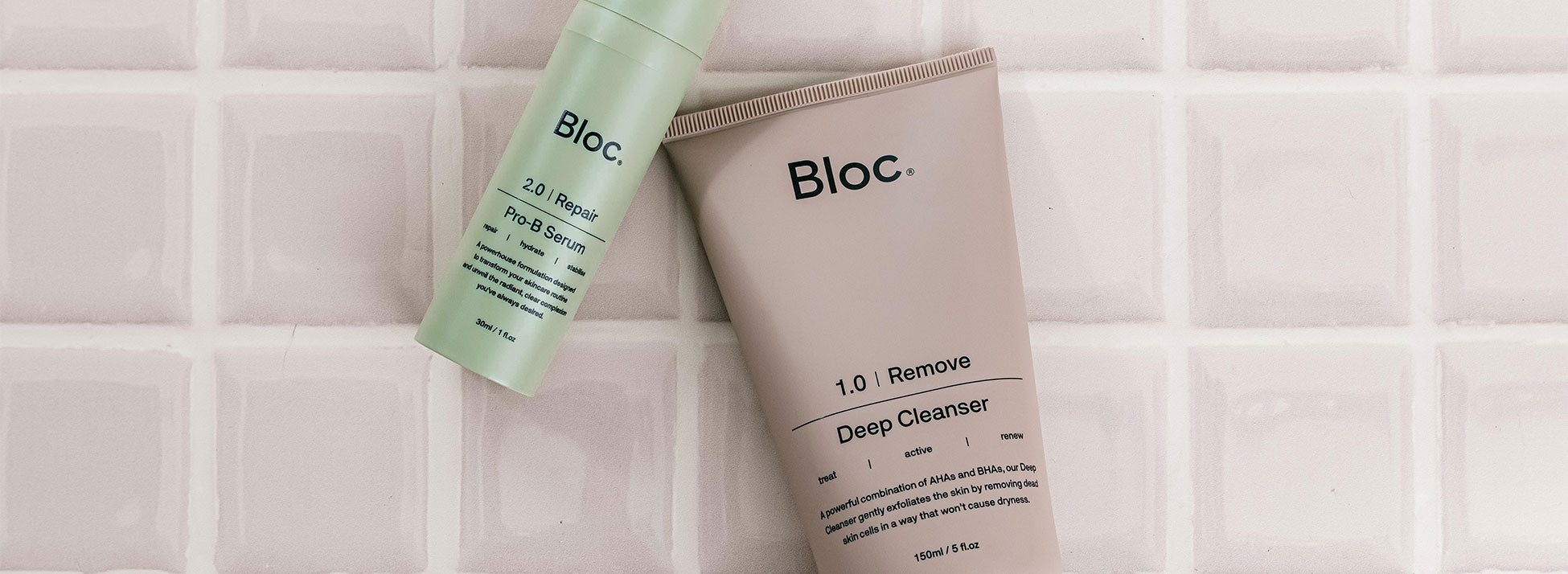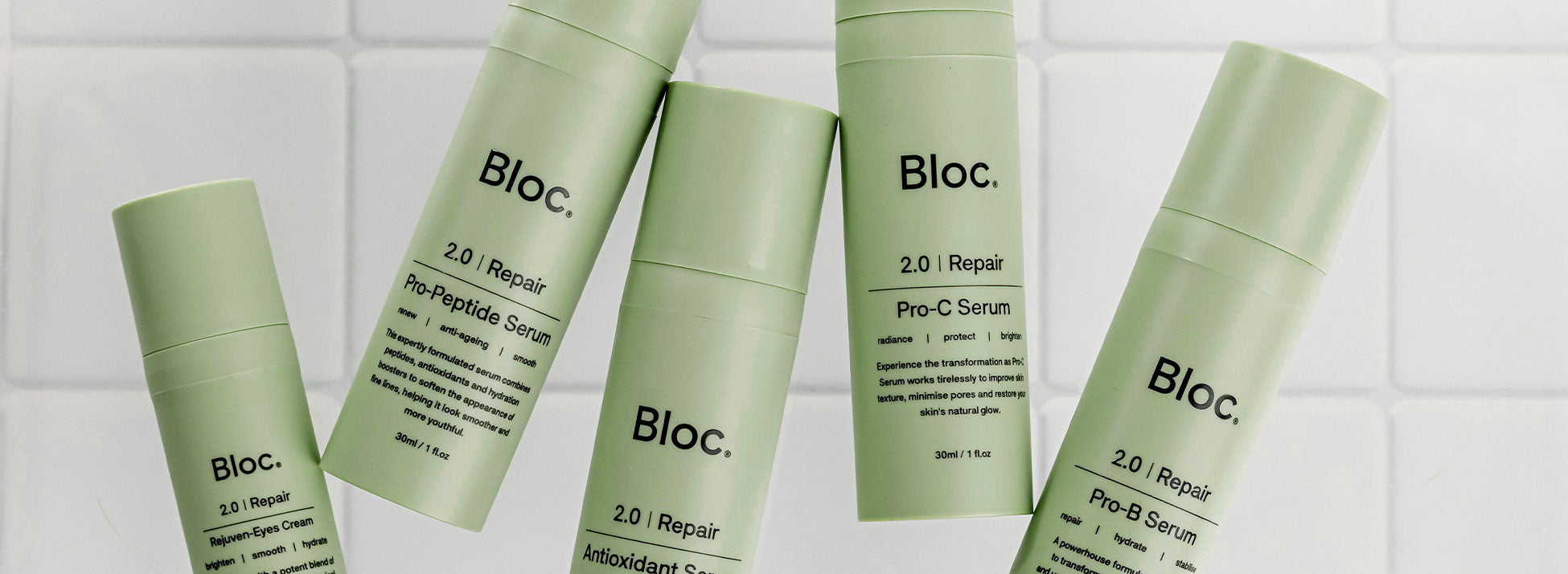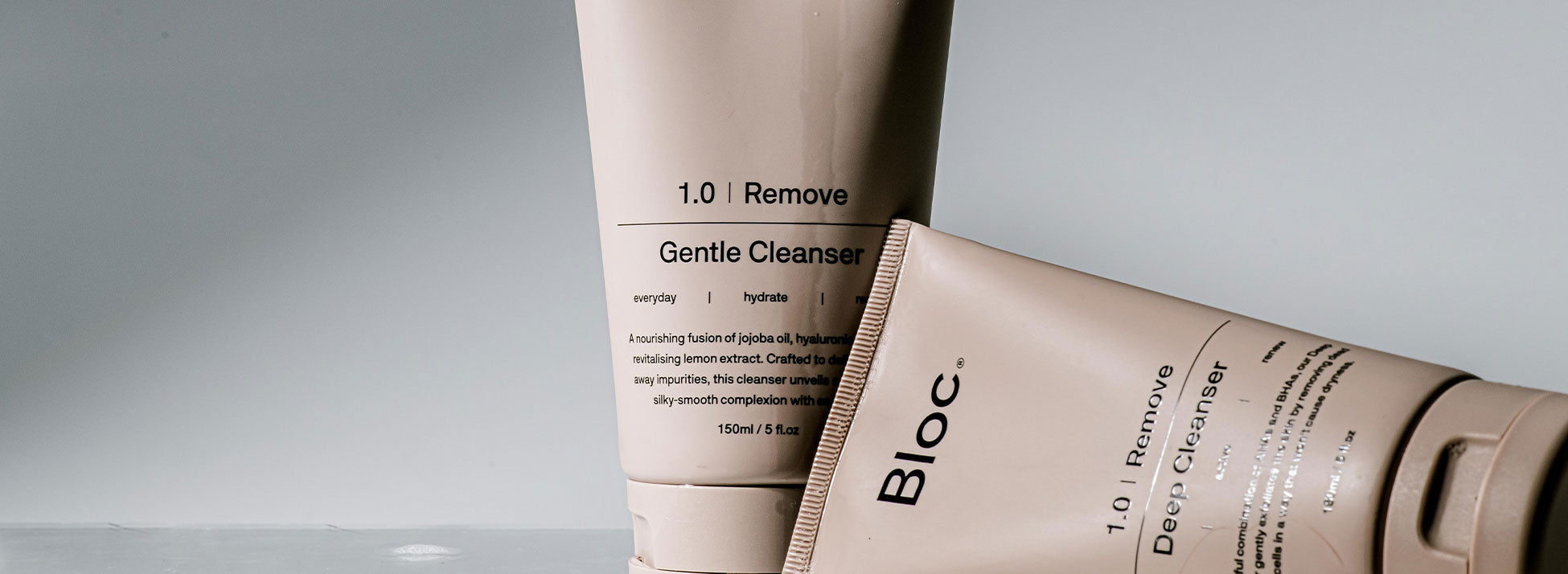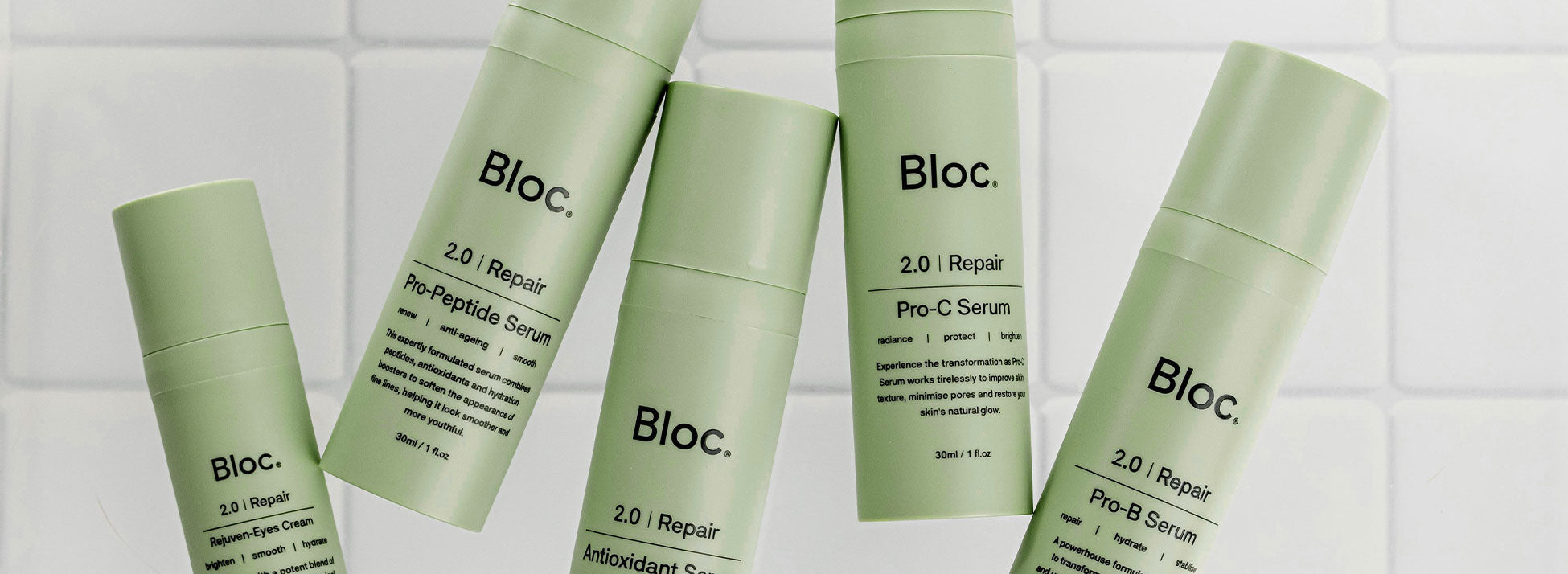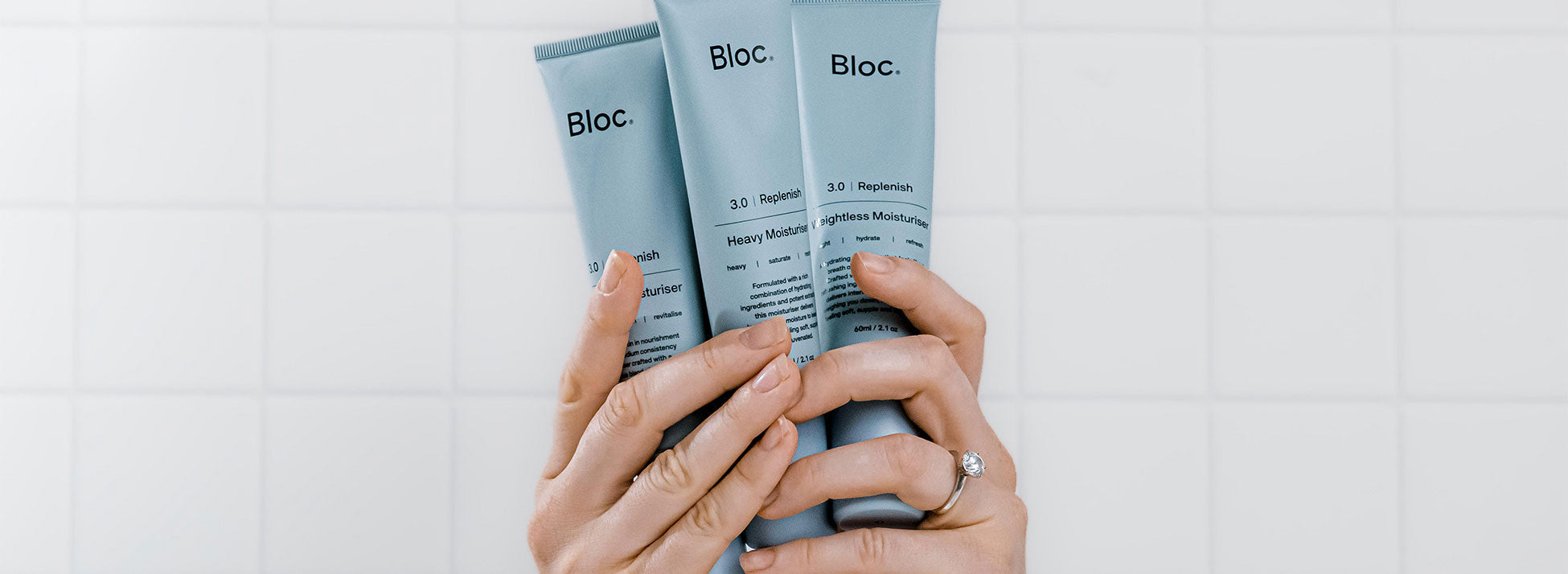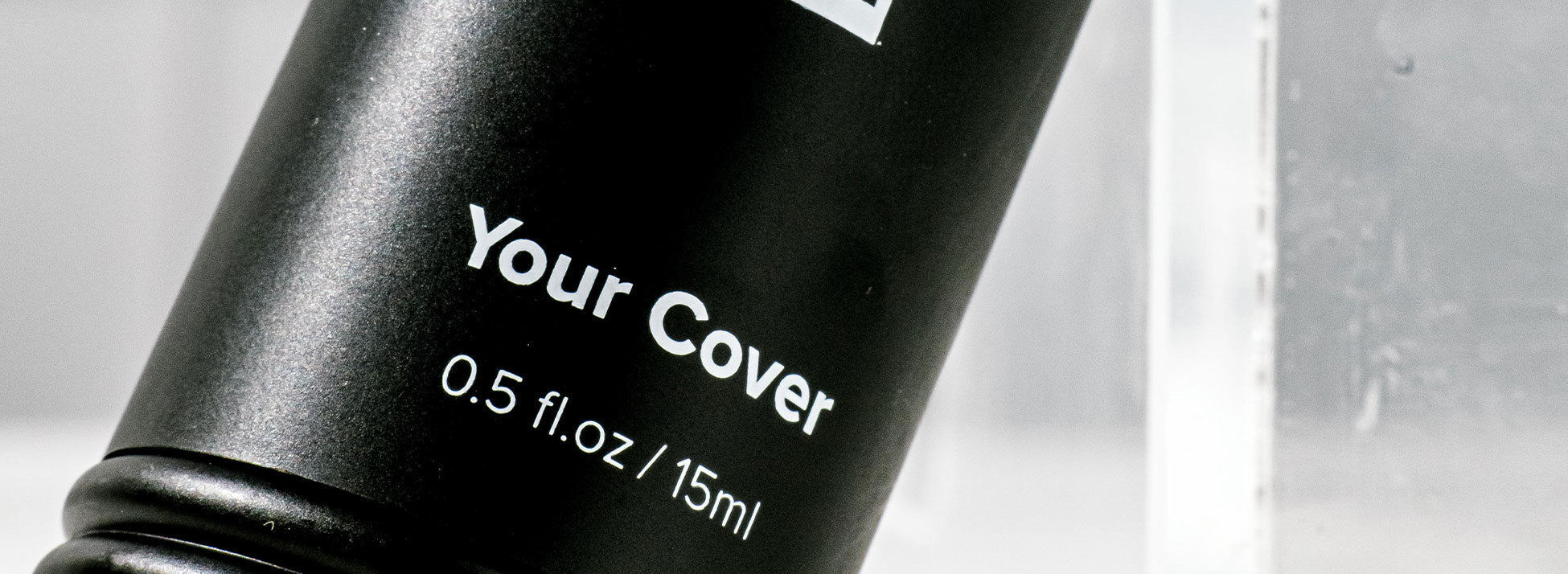Acne is a common skin concern that affects people of all ages, and it can be a real challenge to manage. If you've been struggling with breakouts and are looking for effective ways to care for your skin, you’ve come to the right place. Let's get started!
What is Acne?
Acne is a skin condition that occurs when your hair follicles become clogged with oil, dead skin cells, and bacteria. This can lead to various forms of acne, including blackheads, whiteheads, pimples, and cysts. While acne is most common during puberty, it can affect individuals at any age due to hormonal changes, stress, diet, and other factors.
Types of Acne
Understanding the different types of acne can help you better identify and treat your breakouts:
- Blackheads: Open comedones that appear as small, dark spots on the skin's surface.
- Whiteheads: Closed comedones that appear as small, white bumps.
- Papules: Small, red, inflamed bumps that are often tender to the touch.
- Pustules: Similar to papules but contain pus, making them look like white or yellow bumps surrounded by redness.
- Nodules: Large, painful lumps beneath the surface of the skin.
- Cysts: Deep, painful, pus-filled lesions that can cause scarring.
Causes of Acne
Several factors can contribute to the development of acne:
- Hormonal Changes: Fluctuations in hormones, particularly during puberty, menstruation, or pregnancy, can increase oil production and lead to acne.
- Genetics: A family history of acne can increase your likelihood of developing the condition.
- Diet: Certain foods, such as dairy and high-glycemic foods, may trigger or worsen acne in some individuals.
- Stress: Stress can increase the production of hormones that stimulate oil glands, leading to breakouts.
- Skincare Products: Using products that are not suitable for your skin type or that clog pores can contribute to acne.
Tips for Treating Acne
Now that we understand what acne is and what causes it, let's explore some tips for treating and managing acne.
1. Cleanse Gently
- Use a Mild Cleanser: Cleanse your face twice daily with a gentle, non-comedogenic cleanser to remove excess oil, dirt, and makeup without irritating your skin. Your Everyday Cleanse is a great example of a gentle, nourishing cleanser.
- Avoid Over-Cleansing: Over-cleansing can strip your skin of its natural oils, causing it to produce even more oil to compensate.
2. Incorporate Chemical Exfoliants
- Use exfoliants containing AHA's and/or BHA's 2-3 times a week to help unclog pores and remove dead skin cells. Avoid harsh physical scrubs that can irritate your skin. Your Deep Cleanse is the perfect cleanser for this.
3. Treat with Acne-Fighting Ingredients
- Consider Prescription Options: For more severe acne, consult a dermatologist who may prescribe stronger topical treatments or oral medications, such as antibiotics or isotretinoin.
4. Moisturise
- Hydrate Your Skin: Even if you have oily or acne-prone skin, using a lightweight, oil-free moisturiser can help maintain your skin’s moisture balance and prevent dryness caused by acne treatments.
5. Protect Your Skin
- Wear Sunscreen: Use a broad-spectrum, non-comedogenic sunscreen to protect your skin from UV damage.
6. Avoid Picking and Popping
- Hands Off: Picking or popping pimples can lead to scarring and infection. Instead, use spot treatments to reduce the size and redness of pimples.
7. Maintain a Healthy Lifestyle
- Eat a Balanced Diet: Focus on a diet rich in fruits, vegetables, lean proteins, and whole grains.
Dealing with acne can be challenging, but with the right approach and a bit of patience, you can achieve clearer, healthier skin. Remember to cleanse gently, use targeted treatments, moisturise, and protect your skin from the sun. Additionally, maintaining a healthy lifestyle and managing stress can make a significant difference.
If you have persistent or severe acne, consulting a dermatologist is always a good idea. They can provide personalised recommendations and treatments to help you on your journey to clear skin.

